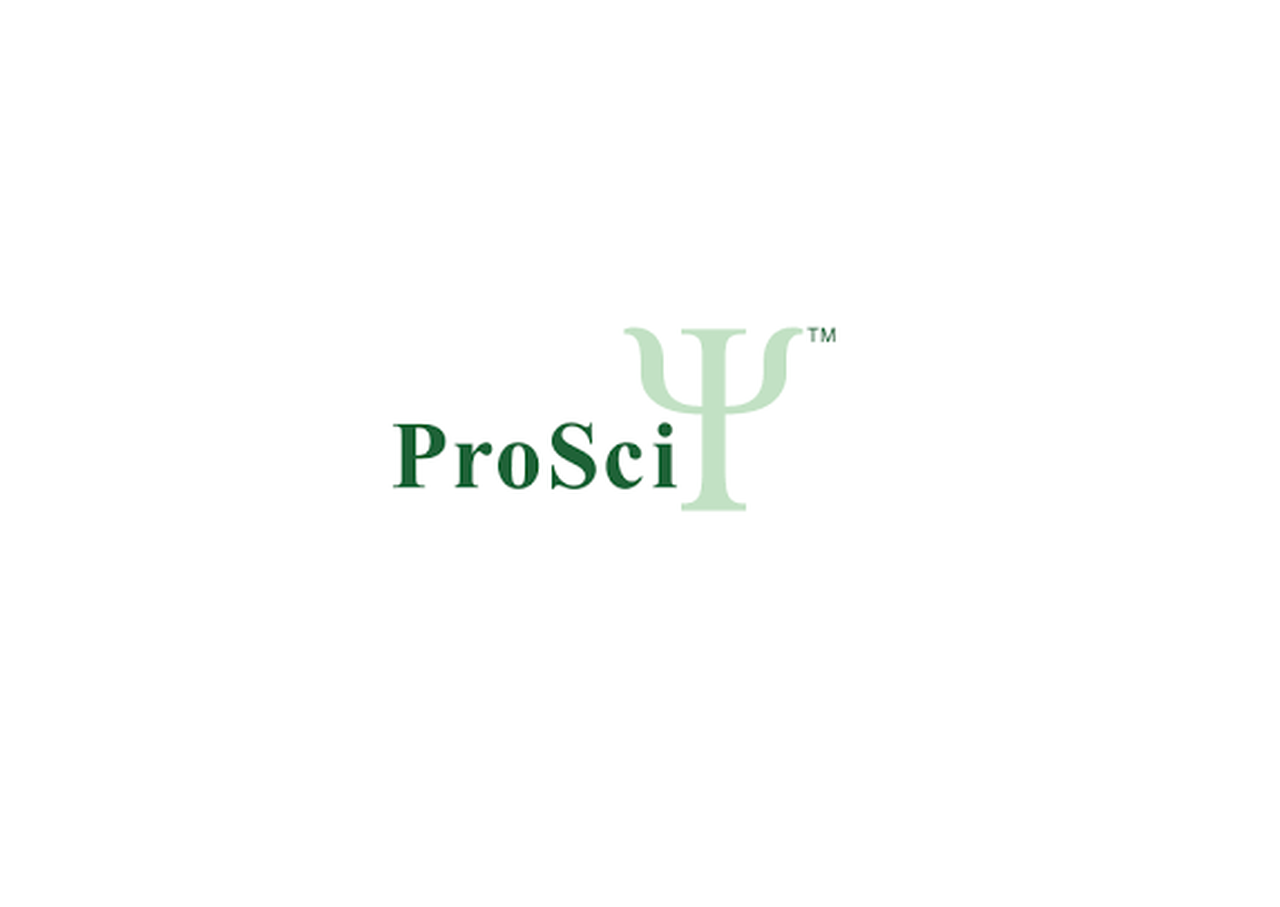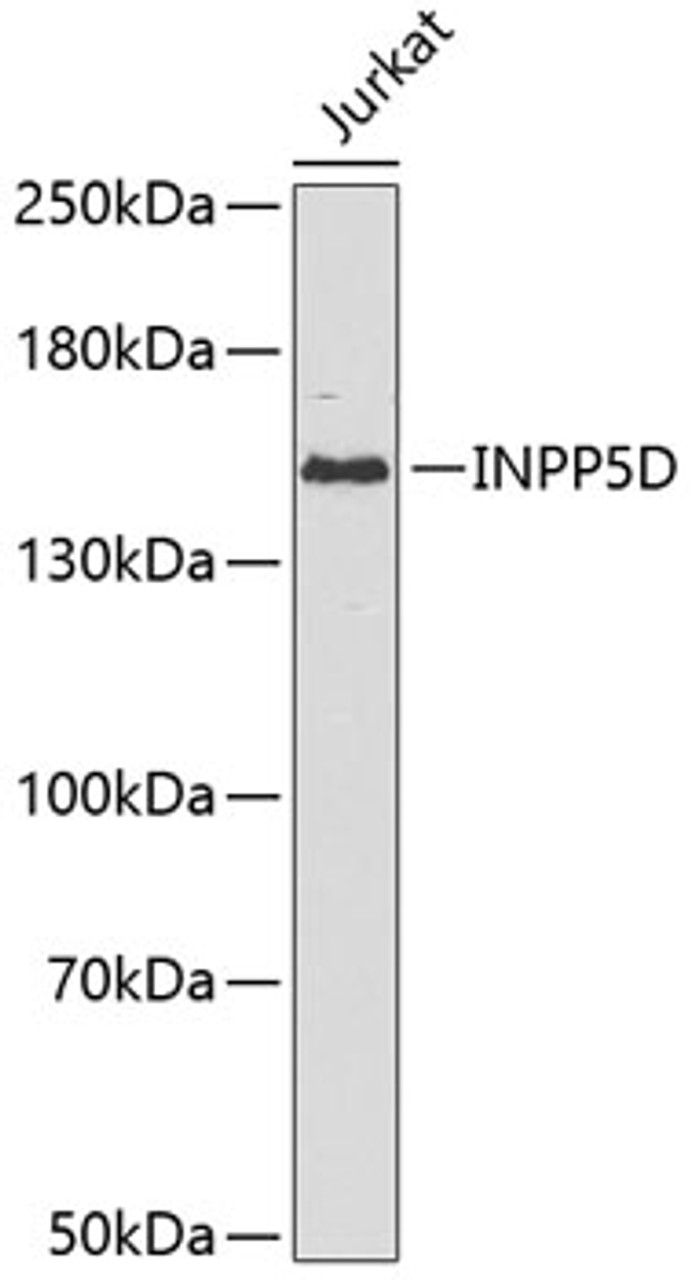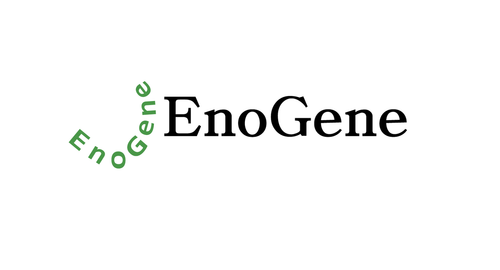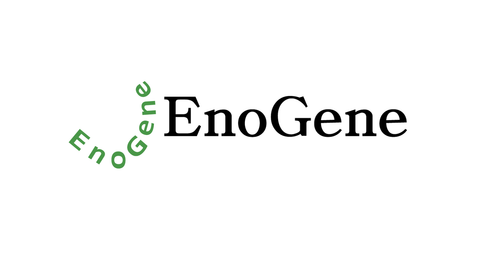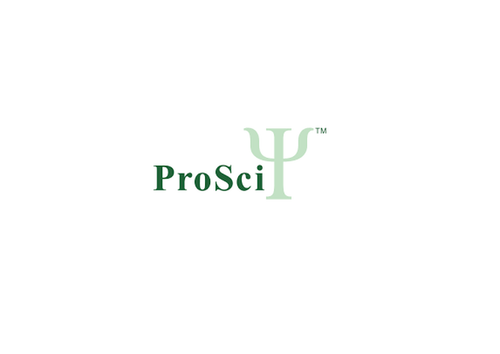Product Description
INPP5D Antibody | 13-042 | ProSci
Host: Rabbit
Reactivity: Human, Mouse
Homology: N/A
Immunogen: Recombinant fusion protein containing a sequence corresponding to amino acids 959-1188 of human INPP5D (NP_005532.2) .
Research Area: Apoptosis, Cell Cycle, Immunology, Signal Transduction
Tested Application: WB, IF
Application: WB: 1:500 - 1:2000
IF: 1:50 - 1:200
Specificiy: N/A
Positive Control 1: Jurkat
Positive Control 2: N/A
Positive Control 3: N/A
Positive Control 4: N/A
Positive Control 5: N/A
Positive Control 6: N/A
Molecular Weight: Observed: 150kDa
Validation: N/A
Isoform: N/A
Purification: Affinity purification
Clonality: Polyclonal
Clone: N/A
Isotype: IgG
Conjugate: Unconjugated
Physical State: Liquid
Buffer: PBS with 0.02% sodium azide, 50% glycerol, pH7.3.
Concentration: N/A
Storage Condition: Store at -20˚C. Avoid freeze / thaw cycles.
Alternate Name: Phosphatidylinositol 3, 5-trisphosphate 5-phosphatase 1, Inositol polyphosphate-5-phosphatase of 145 kDa, SIP-145, SH2 domain-containing inositol 5'-phosphatase 1, SH2 domain-containing inositol phosphatase 1, SHIP-1, p150Ship, hp51CN, INPP5D, SHIP, SHIP1
User Note: Optimal dilutions for each application to be determined by the researcher.
BACKGROUND: This gene is a member of the inositol polyphosphate-5-phosphatase (INPP5) family and encodes a protein with an N-terminal SH2 domain, an inositol phosphatase domain, and two C-terminal protein interaction domains. Expression of this protein is restricted to hematopoietic cells where its movement from the cytosol to the plasma membrane is mediated by tyrosine phosphorylation. At the plasma membrane, the protein hydrolyzes the 5' phosphate from phosphatidylinositol (3, 4, 5) -trisphosphate and inositol-1, 3, 4, 5-tetrakisphosphate, thereby affecting multiple signaling pathways. The protein is also partly localized to the nucleus, where it may be involved in nuclear inositol phosphate signaling processes. Overall, the protein functions as a negative regulator of myeloid cell proliferation and survival. Mutations in this gene are associated with defects and cancers of the immune system. Alternative splicing of this gene results in multiple transcript variants.
 Euro
Euro
 USD
USD
 British Pound
British Pound
 NULL
NULL

